
The Interdisciplinary Conference on Athlete Health & Performance
SKIMA Sports Medicine Summit
Pre-conference workshops
16 April
16 April
Main conference
17-18 April , 2026
17-18 April , 2026
Post conference workshops
19 April
19 April

The Interdisciplinary Conference on Athlete Health & Performance
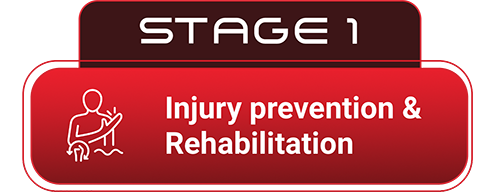
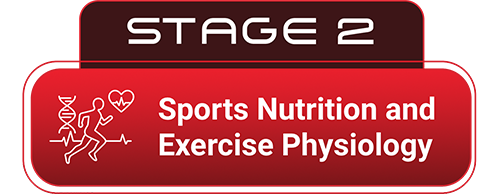
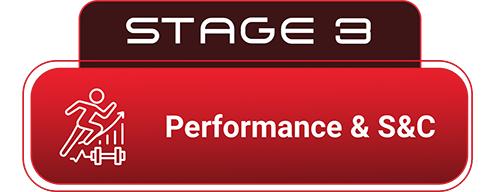
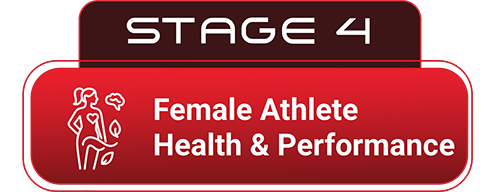
Education Director, Head Jumps Coach at World Athletics Center (USA)
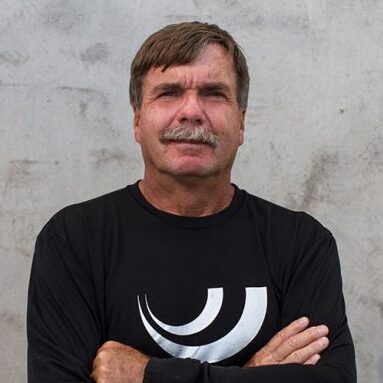
Dan Pfaff is a world-renowned performance coach and educator with over four decades at the forefront of high-performance sport. His expertise spans biomechanics, motor learning, and the integration of medical and coaching teams to optimise athlete development and resilience.
He has coached 49 Olympians, including nine medallists, and 51 World Championship competitors, also nine medallists. His athletes have set five world records and more than 50 national records. His coaching impact extends across five Olympic Games and nine World Championships, reflecting his sustained influence at the highest level of sport.
He began his academic career at the University of Houston, where he studied and taught in sports science and motor control. Dan went on to lead programmes at LSU, Texas, Florida, and the US Olympic Training Center. He was later appointed by UK Athletics to support preparations for the London 2012 Olympics.
He has since held senior roles in collegiate athletics, national federations, and elite performance centres, and is currently based in the US with ALTIS (World Athletics Center), where he mentors coaches and performance teams globally.
Dan brings a systems-thinking approach to performance and rehabilitation, with a focus on observation-led diagnostics, sustainable load management, and communication strategies under pressure.
Applied Sport Scientist & Performance Consultant
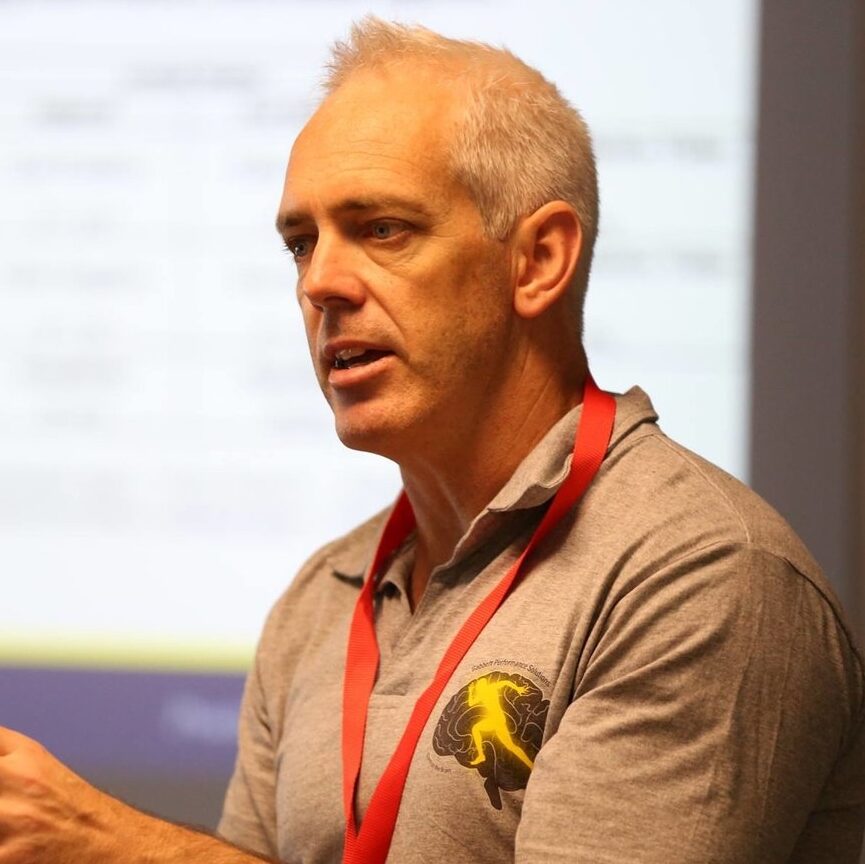
Professor Tim Gabbett brings over 30 years of experience as an applied sport scientist, bridging rigorous research and coach-friendly practice. Holding dual PhDs in Human Physiology and Applied Sport Science, he excels in analysing physical demands, injury prevention, and the maintenance of athletes’ skills under pressure and fatigue through progressive load strategies.
He has worked with elite athletes and professional teams across multiple Olympic and Commonwealth Games cycles, serving as consultant to high-performance teams in America, Europe, Australia, and the Asia‑Pacific. A prolific researcher and educator, Tim has authored more than 300 peer-reviewed articles, presented at over 400 national and international conferences, and was ranked among the top 25 most impactful sport scientists globally, according to a bibliometric analysis published in PLOS Biology.
Specialising in translating science into practice, Tim focuses on progressive workload management and resilience training, notably via the acute:chronic workload ratio (ACWR). His common-sense approach emphasises sustainable tissue robustness and effective communication within multidisciplinary teams.
As a consultant to professional organisations worldwide, he remains committed to enabling coaches, athletes, and support staff to perform optimally in demanding environments through practical, evidence-based methods.
Director of Rehabilitation, University Hospital Motol & Vice-Dean (Development), Charles University, Prague
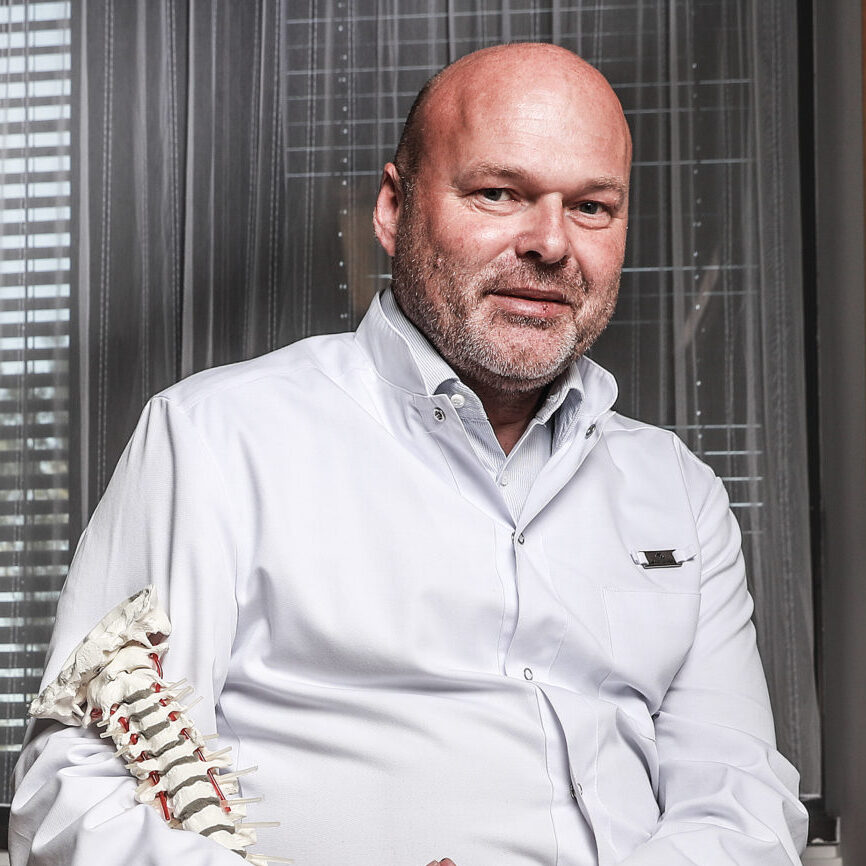
Professor Pavel Kolář is a pioneering physiotherapist and educator who developed the Dynamic Neuromuscular Stabilization (DNS) method, a globally adopted diagnostic and rehabilitation system based on developmental kinesiology. He currently serves as Director of the Rehabilitation Department at Motol University Hospital and Vice-Dean for Development at the Second Faculty of Medicine, Charles University, Prague, where he oversees multidisciplinary rehabilitation, spinal care, sports medicine, and physiotherapy education.
Prof Kolář has consulted for national teams across sports disciplines, including ice hockey, football, tennis, and athletics. In 2007, he was awarded the Czech Presidential Medal of Merit for his professional contributions.
He leads ongoing research into the clinical application of developmental kinesiology, with projects focused on early diagnosis of central nervous system disorders in infants, diaphragm function in back pain, and DNS-based rehabilitation for cerebral palsy. He has held an adjunct lecturing role at Murdoch University in Australia and regularly teaches DNS courses internationally.
His developmentally informed approach continues to shape rehabilitation and human movement science worldwide.
Britain’s most decorated Paralympian of all time, Visiting Professor at Manchester Metropolitan University,
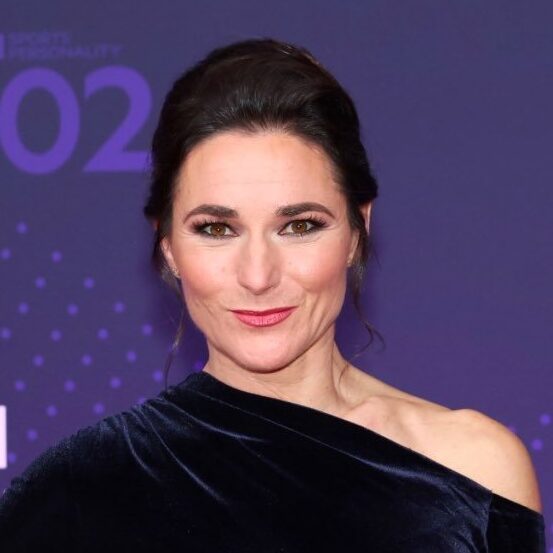
Dame Sarah Storey is Great Britain’s most decorated Paralympian, with 30 Paralympic medals, including 19 golds, achieved across nine Games from Barcelona 1992 to Paris 2024. Beginning as a multi-title Paralympic swimmer before transitioning to cycling, she has dominated both disciplines and remains a para-cycling world record holder. Competing successfully against non-disabled fields, she has won multiple British national track titles, contributed to World Cup team pursuit victories, and set a British/C5 Hour Record of 45.502 km—underlining a career defined by adaptability and sustained high performance. Beyond competition, she provides high-performance consultancy and mentoring delivered in embedded advisory roles within teams and through tailored programmes for athlete and staff development. Her focus is on building resilient, values-led cultures—integrating evidence-based practice, clear behavioural standards, and robust feedback loops—to help groups of all ages translate intent into consistent performance across sport, education, and business.
Chief of Nutrition Strategy (formerly Head of Sports Nutrition, 1990–2018), Australian Institute of Sport; Chair of Sports Nutrition, Mary MacKillop Institute for Health Research, Australian Catholic University
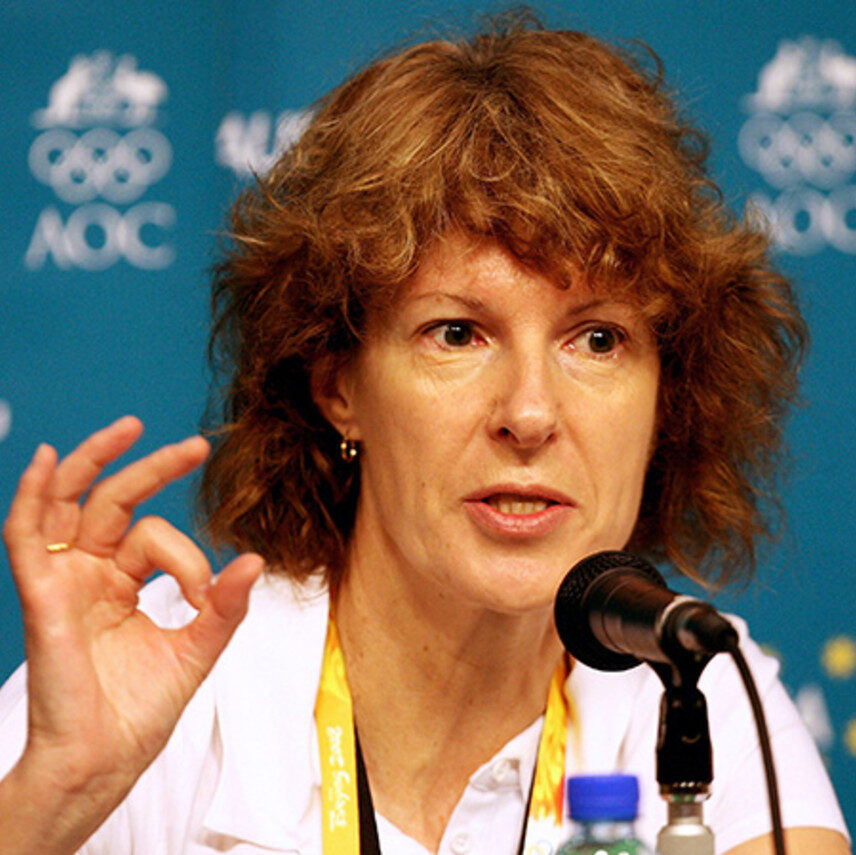
Professor Louise Burke is a globally recognised sports dietitian and academic with four decades of experience shaping elite athlete nutrition. She led the Australian Institute of Sport’s nutrition programme from its founding and, following its evolution, was appointed Chief of Nutrition Strategy at the AIS in 2018. Concurrently, she holds the Chair in Sports Nutrition at Australian Catholic University, where she continues to shape both research and education.
Her strategic influence extends across five Australian Olympic teams (1996–2012), and internationally via roles with the IOC’s Nutrition Working Group and its Diploma in Sports Nutrition. Her scholarly output exceeds 300 peer-reviewed articles and book chapters, and she has authored and co-edited leading textbooks such as Clinical Sports Nutrition. She also serves as a special projects editor for the International Journal of Sport Nutrition and Exercise Metabolism.
Honoured with the Medal of the Order of Australia (2009) and a fellow of multiple professional bodies, Prof Burke is internationally respected for her evidence-based, practical approach to nutrition—most notably developing the AIS Sports Supplements Framework. Her work continues to shape global standards in sports nutrition policy, education, and elite performance.
Professor of Sports Science, University of Agder, Norway
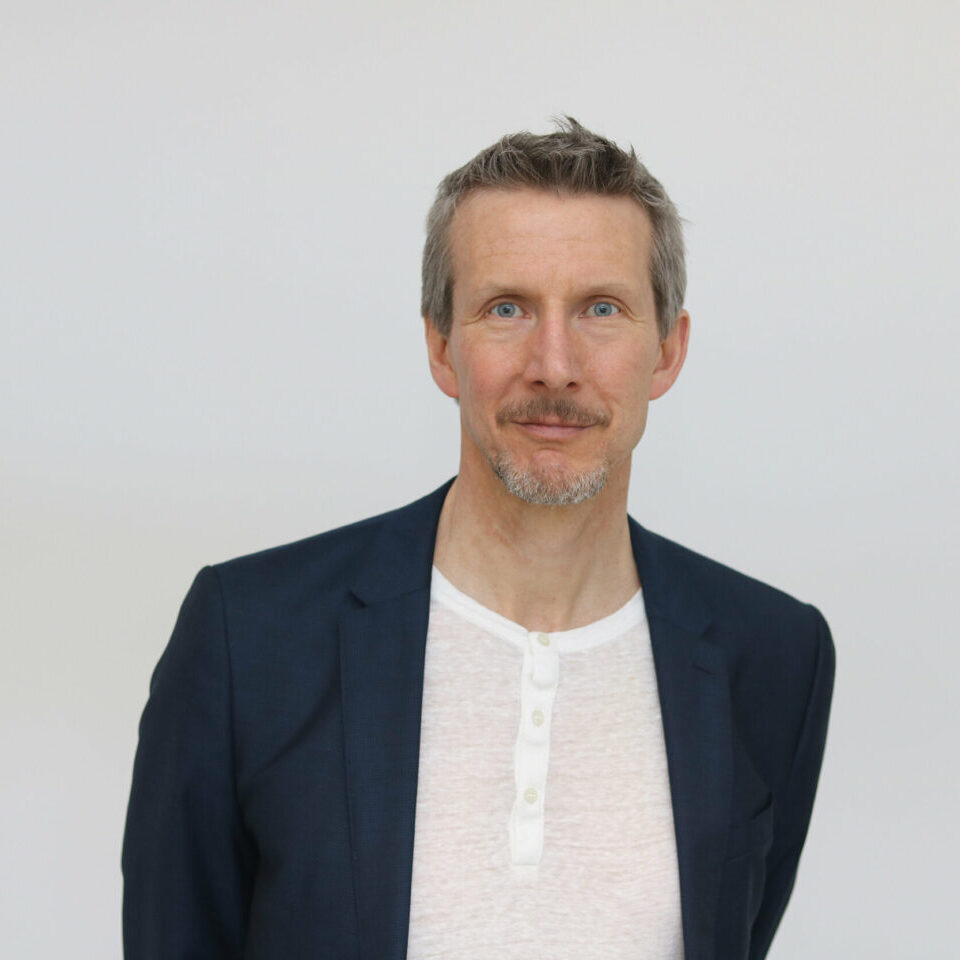
Professor Stephen Seiler is a world-leading exercise physiologist noted for his transformative research on endurance training and intensity distribution. With roots in the US, he has spent over two decades in Norway, where he formerly served as Vice-Rector for Research and Innovation and Dean of the Faculty of Health and Sport Sciences at the University of Agder. Currently, he continues there as Professor of Sports Science.
Over the past 15 years, Prof. Seiler has earned international recognition through both descriptive and experimental research on endurance athletes—cyclists, rowers, cross-country skiers, orienteers, and distance runners—advancing the understanding of training intensity distribution and polarised training models. His work catalysed widespread adoption of the 80/20 training paradigm, an evidence-based structure proven effective in both elite and recreational athletes, and has inspired a global shift in performance programming.
He has published over 100 peer‑reviewed articles, authored more than 100 popular science articles, and frequently lectures at scientific events across Europe, North America, China, South Africa, and Australia. He also helped establish the Elite Sport Performance Special Interest Group on the executive board of the European College of Sport Science (2014–2019), and is a founding editorial board member of the International Journal of Sport Physiology and Performance. Prof. Seiler’s enduring legacy is his ability to integrate rigorous science with real-world coaching practice.
Associate Professor of Sports Science, University of the Basque Country; High Performance Advisor, Japan Sport Council; Associate Editor, International Journal of Sports Physiology and Performance
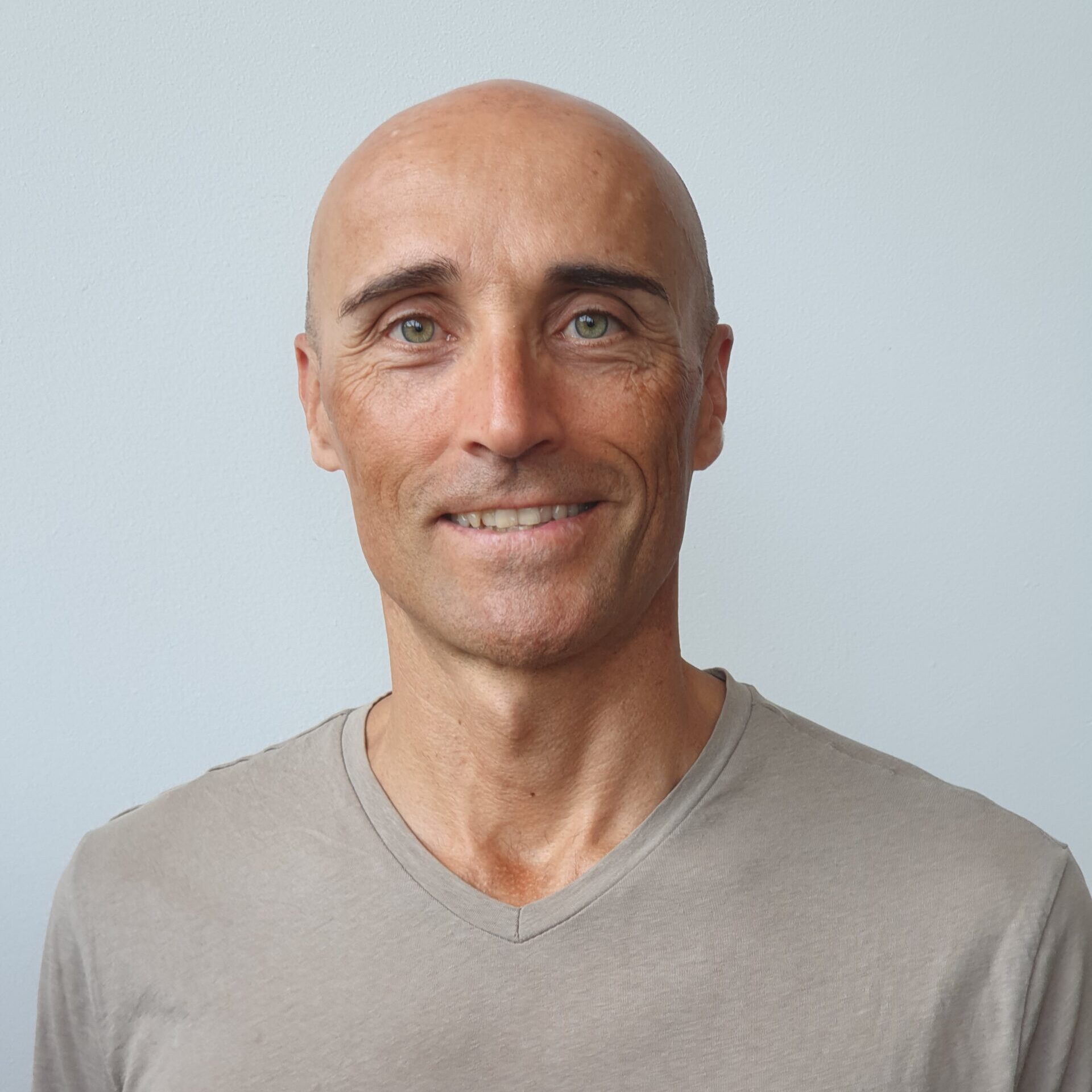
Prof. Iñigo Mujika is an internationally recognised authority on endurance performance and training theory, with particular expertise in tapering, detraining, recovery, and the physiological underpinnings of elite athletic performance. Holding dual PhDs in muscular exercise physiology and sport sciences, he brings over three decades of experience bridging academic research and applied work in professional and Olympic sport.
He has held senior scientific and advisory roles at leading institutions including the Australian Institute of Sport, the Spanish Swimming Federation, Athletic Club Bilbao, and the Euskaltel Euskadi World Tour Cycling Team. Currently serving as High Performance Advisor to the Japan Sport Council, he supports national-level athlete development and performance planning. He also holds academic appointments in Spain and Chile, and contributes editorially to key journals in the field of sports physiology.
Prof. Mujika has authored approximately 200 peer-reviewed publications, 50 book chapters, and eight books, and delivered more than 450 invited lectures worldwide. A certified Level III triathlon and swimming coach, his 2010 review on tapering has become a cornerstone in evidence-based performance planning, and his comparative work on polarised and pyramidal training models continues to shape endurance training strategies globally.
Renowned for his ability to translate complex physiological research into accessible, athlete-centred protocols, Prof. Mujika remains a central figure in the evolution of high-performance sports science.
Professor of Human Physiology & Nutrition, Manchester Metropolitan University
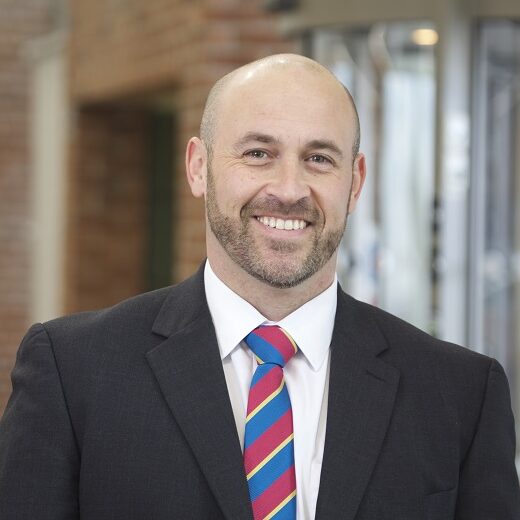
Craig Sale is Professor of Human Physiology and Nutrition at Manchester Metropolitan University, where he leads research into exercise–nutrition interactions to support health and performance. Previously, he directed the Sport, Health and Performance Enhancement (SHAPE) Research Centre at Nottingham Trent University and contributed to national research evaluation (REF) in sport and exercise science.
His work over the past two decades has focused on the triggers for adaptation in bone and muscle, particularly in response to physical activity and dietary intake. He has published extensively in the areas of bone metabolism, muscle performance, and sports nutrition, with research spanning both elite athletes and general populations.
Prof Sale is a Fellow of the American College of Sports Medicine and Section Editor for the European Journal of Sports Sciences. His research on nutrition for musculoskeletal health, including β-alanine supplementation and dietary strategies for bone integrity, has informed athlete care and injury prevention practices.
By integrating cellular physiology with applied sports science, Prof Sale contributes to evidence-based approaches in performance support, with particular relevance to rehabilitation, load management, and injury risk reduction.
Founder & Co Owner, THE PEAK Performance Centre, Porto; Head of Health & Performance, Leça Futebol Clube; Strength & Conditioning Coach
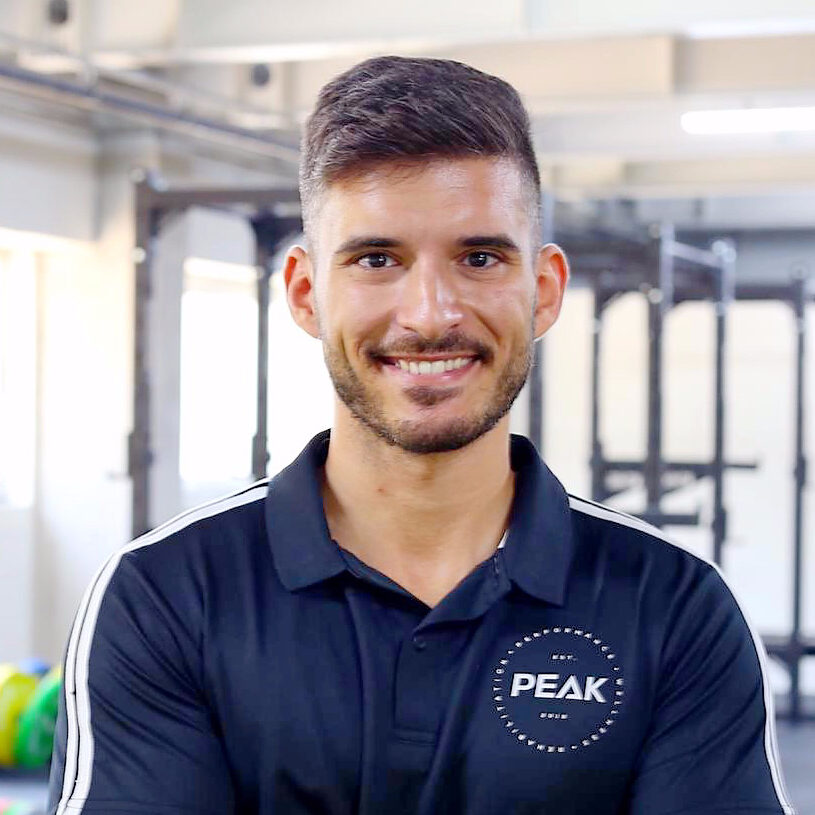
Luís Mesquita is a Portuguese physiotherapist and strength & conditioning coach with extensive experience in elite sports rehabilitation and performance. Trained in Portugal and internationally certified in orthopaedic manual therapy and as a Certified Strength and Conditioning Specialist (NSCA-CSCS), he integrates clinical expertise with performance planning to support athletes across disciplines, enhancing physical capacities and reducing injury risk in high-performance environments.
Over the past decade, Mesquita has worked across Europe and Asia in both rehabilitation and performance roles, including with FC Porto, Sporting CP (volleyball), and the Chinese Football Association. In 2017, he contributed to EXOS and the Chinese Olympic Committee, later overseeing physical preparation for China’s U17 women’s national football team. In 2018, he co-founded THE PEAK, a high-performance training and rehabilitation centre in Porto. Mesquita has gained recognition for effectively translating evidence-based models into elite sports practice. He currently leads the health and performance programme at Leça FC.
A active educator, Mesquita frequently delivers lectures and workshops on rehabilitation, strength training, and applied sport science in academic and professional contexts. His multidisciplinary practice is shaped by international exposure and a consistent focus on bridging theory and applied practice in elite athlete development.
Professor of Female Endocrinology & Exercise Physiology, Institute of Sport, Manchester Metropolitan University; Head, Centre of Excellence for Women in Sport
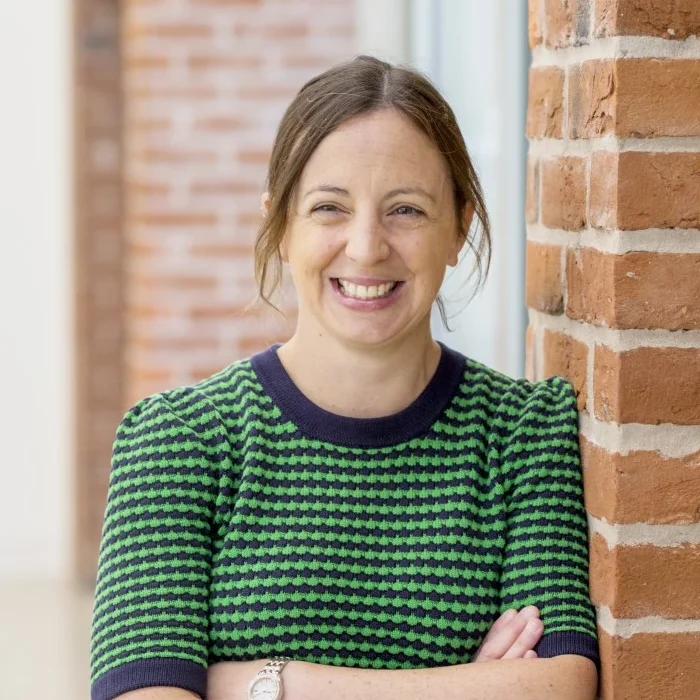
Prof Kirsty Elliott-Sale is a leading figure in the physiology of female athletes, recognised internationally for her research on hormonal influences across the female lifespan—from menstrual function and hormonal contraception to pregnancy and menopause. With a PhD in Exercise Physiology from Liverpool John Moores University, her career spans research-intensive roles at King’s College London, Nottingham Trent University, and currently Manchester Metropolitan University.
Her work investigates the effects of endogenous and exogenous hormones on musculoskeletal physiology, performance, and health. She leads the Feminae project—an international collaboration producing high-quality, female-specific data to inform training and health practices in sport. Her expertise also encompasses relative energy deficiency in sport (RED-S), bone metabolism, and exercise interventions in pregnancy.
Prof Elliott-Sale consults for prominent institutions including UK Sports Institute, UEFA, The FA, Arsenal Women’s Football, and the Women’s Tennis Association. Through her role as Head of the Centre of Excellence for Women in Sport, she continues to drive rigorous, context-specific innovation in female athlete care and research.
Associate Professor, Research Director & Deputy Head of School, School of Healthcare, University of Leicester; Expert in Tendon Disorders
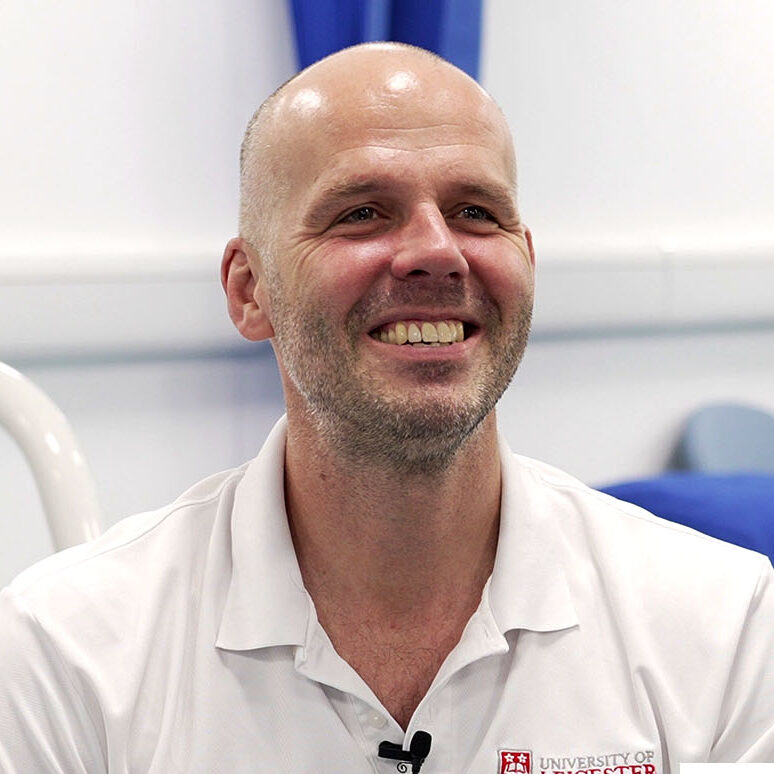
Dr. Seth O’Neill is a physiotherapist and internationally recognised authority on tendon pathology, specialising in tendinopathy, tendon ruptures, and lower-limb muscle injuries—particularly those affecting the calf and Achilles tendon. His research integrates epidemiological, biomechanical, and mixed-methods approaches to optimise tendon health in both athletic and clinical populations.
Since 2006, he has led major research initiatives, including large-scale epidemiological studies and clinical intervention trials, supporting both NHS and elite sport settings. His doctoral work on Achilles tendinopathy established a biomechanical foundation for understanding symptom development, with subsequent research identifying key risk factors and highlighting the central role of the soleus muscle in symptomatic athletes.
Dr. O’Neill has authored over 200 peer-reviewed publications and is a frequent speaker at national and international conferences. His research interests also extend to the development of international tendon-health databases, injury prevention strategies, and biopsychosocial models of care. He has been instrumental in integrating cognitive functional therapy into tendinopathy and low back pain management, bridging clinical physiotherapy with evolving psychological frameworks for pain and function.
Dedicated to research mentorship, he supervises undergraduate through doctoral projects and actively supports self-funded PhD candidates in musculoskeletal science. His work exemplifies the translation of rigorous research into patient-centred physiotherapy practice.
Vice-Dean for Physiotherapy and Doctoral Studies, 2nd Faculty of Medicine, Charles University; Assistant Director, Rehabilitation Clinic, University Hospital Motol
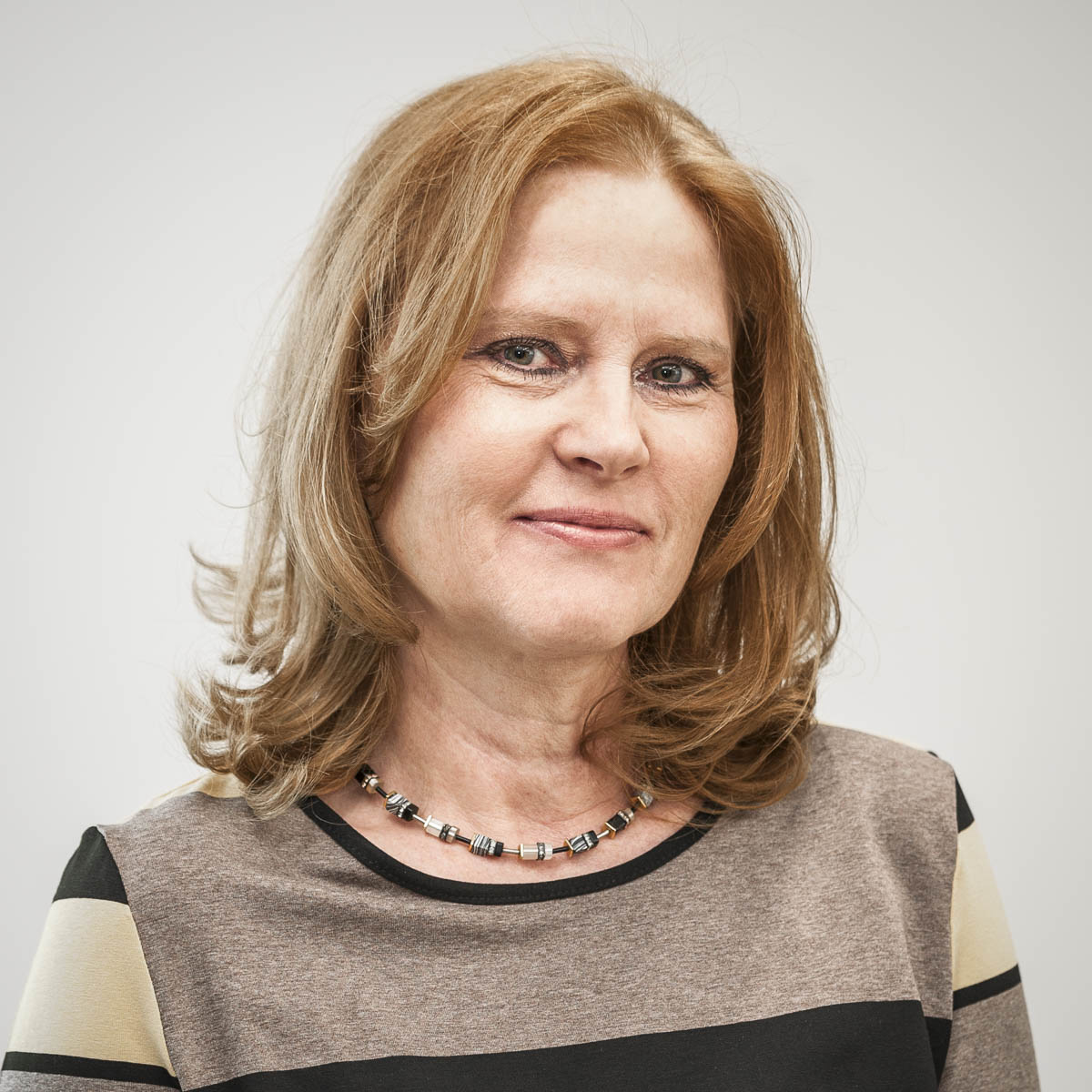
Prof. Alena Kobesová is a leading neurologist and physiatrist internationally recognised for her expertise in neurological rehabilitation and the application of Prague School and Dynamic Neuromuscular Stabilization (DNS) methodologies. At Charles University’s 2nd Faculty of Medicine, she serves as Vice-Dean for physiotherapy and doctoral studies, overseeing education and research in neurology, physical/manual medicine, and physiotherapy. She also treats patients at University Hospital Motol and coordinates global DNS course delivery.
A long-standing certified instructor in manual medicine, Prof. Kobesová co-developed a foundational instructional video series with Prof Karel Lewit, and continues to train clinicians worldwide in DNS principles. Her research spans hereditary motor and sensory neuropathy (HMSN), postural function, and neurorehabilitation, with over 60 scientific papers and 16 book chapters published to date.
An acclaimed speaker, she has delivered keynote presentations at over 40 international and 50 national conferences, and served as president or organiser of four DNS international events. She holds multiple editorial roles and serves on research councils at Charles and Masaryk Universities. Prof. Kobesová’s integrated approach continues to shape clinical education and patient care in neurology and rehabilitation on a global scale.
Professor of Sports Science & Nutrition at Linnaeus University
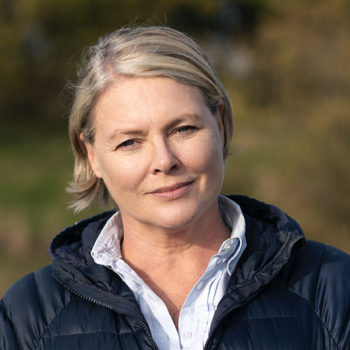
Prof. Anna Melin is a senior researcher whose career bridges elite-level dietetics and academic leadership. She began her professional journey as a certified sports dietitian, serving in Danish elite sport and later supporting the Swedish Olympic Committee for over 15 years, before pursuing doctoral and research roles. Her applied experience shapes and drives her commitment to evidence that serves athletes, coaches, physiologists, and health professionals.
She teaches courses in sports nutrition and mentors students through applied and theoretical training in nutrition science. Her research focuses on Relative Energy Deficiency in Sport (RED-S), eating disorders, physiology of low energy availability, and the systemic risks of long-term energy insufficiency, such as bone loss, endocrine dysfunction, and injury susceptibility. Her studies have shown alarming prevalence in female endurance athletes—for example, about 60% exhibiting menstrual dysfunction and about 45% with low bone mineral density.
Prof. Melin leads interdisciplinary research groups including “Sustainable Sport and Performance,” and spearheads projects such as FUEL (Food and Nutrition for Endurance Athletes), Girls are Not Small Boys, and LEAF-Long, investigating long-term health consequences of energy deficiency, fertility, and bone outcomes. Through her research, education, and clinical insight, she plays a key role in translating nutrition science into effective athlete health practice.
Professor of Strength & Conditioning; Postgraduate Research Lead, London Sport Institute, Middlesex University
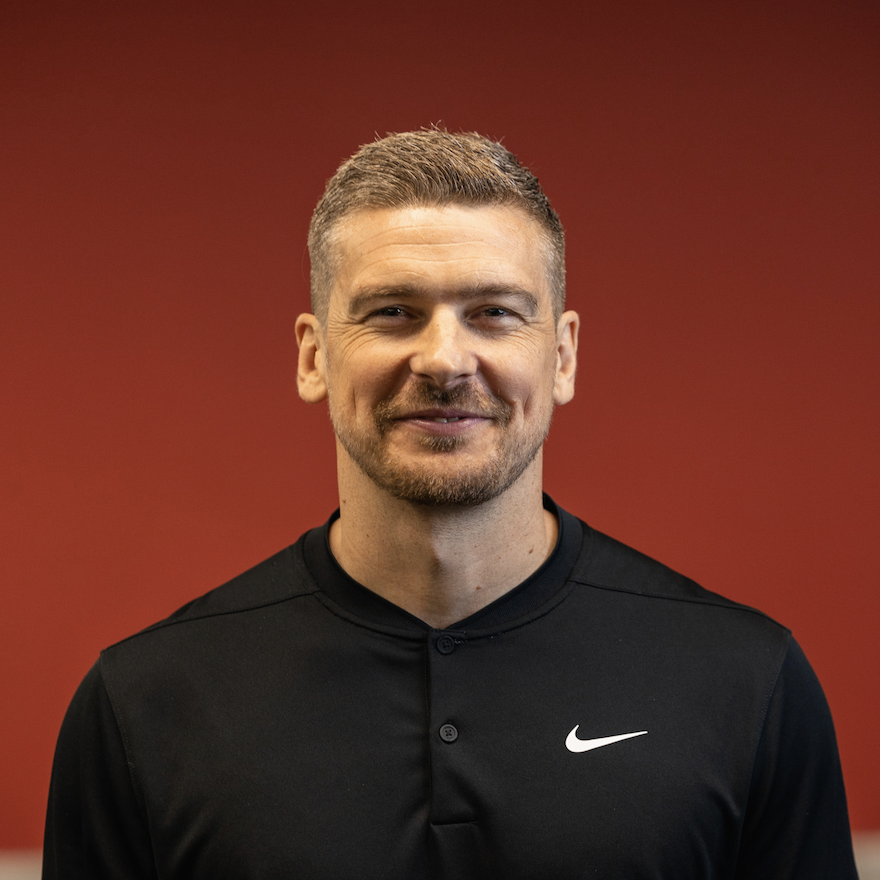
Prof. Anthony Turner is a leading academic and practitioner in strength and conditioning. He is Professor at Middlesex University’s London Sport Institute, where he leads postgraduate research in sport. He has published over 200 peer‑reviewed scientific articles, contributed to multiple academic textbooks, and serves as an associate editor for the Strength & Conditioning Journal.
Alongside his academic career, Prof. Turner has extensive applied experience. He has consulted for elite teams and Olympic and Paralympic athletes across a range of sports, and previously led physical preparation for the Great Britain fencing team during the Rio 2016 Olympic cycle. He currently works as a human performance consultant for the British military and as a physical performance coach for Tottenham Hotspur Women’s Academy.
His recent research focuses on neuromuscular profiling, strength and power diagnostics, movement asymmetries, and performance testing strategies in high-performance sport. Known for bridging scientific research with real-world performance, he has helped shape evidence-based practice in strength and conditioning internationally.
High Performance Consultant & Founder of "Athletic Shoulder"
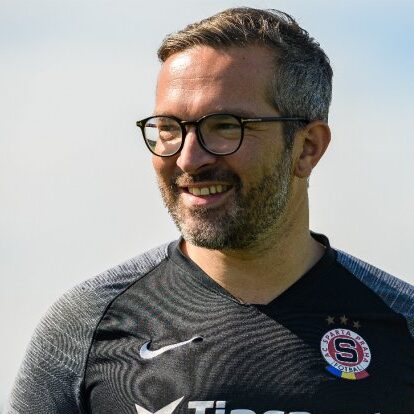
Ben Ashworth is a dual-qualified clinician with over 20 years’ experience as a physiotherapist and strength and conditioning specialist, focusing on shoulder performance across elite sport. He holds a Master of Science in Strength and Conditioning and is UKSCA accredited.
Early in his career, he worked in professional rugby (London Wasps, 2002–2005) before moving to roles including first team physiotherapist at Arsenal FC and with the English Institute of Sport. Over time, he developed a proprietary shoulder testing and monitoring framework—the “ASH Test”—initially in Premiership Rugby and later applied in MLB, NFL, Olympic swimming, tennis, and upper limb disciplines globally.
Ben consults with professional teams (for example, in the English Premier League and U.S. baseball) and individual athletes to address shoulder function, injury risk, and performance optimisation. He is currently undertaking a PhD in shoulder performance monitoring at Liverpool Hope University, focusing on fatigue metrics, neuromuscular profiling, and return-to-play markers.
Ashworth’s work merges rigorous assessment and biomechanical insight into clinically meaningful interventions. His perspective on upper-limb load management, objective diagnostics, and progressive rehabilitation offers valuable input for sports medicine, physiotherapy, and performance-oriented rehabilitation contexts.
Professor of Orthopaedic Trauma and Sports Surgery, Lithuanian University of Health Sciences; Team Physician, Lithuanian National Men’s Basketball Team & Kaunas “Žalgiris”; International Arthroscopic Surgery Instructor
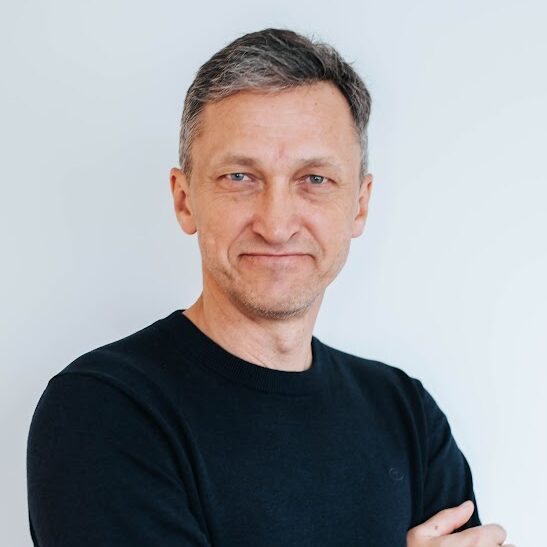
Professor of Orthopaedic Trauma and Sports Surgery, Lithuanian University of Health Sciences; Team Physician, Lithuanian National Men’s Basketball Team & Kaunas “Žalgiris”; International Arthroscopic Surgery Instructor
Prof. Rimtautas Gudas is a highly respected orthopaedic trauma and sports surgeon with over two decades of experience in advanced arthroscopic and joint reconstruction techniques. He serves as the team physician for the Lithuanian Men’s National Basketball Team and Kaunas “Žalgiris”, providing elite-level surgical support and sports medicine consultation.
He has pioneered procedures in Lithuania such as mosaic osteochondral cartilage transplantation (1999), donor anterior cruciate ligament reconstruction (2005), and autologous chondrocyte implantation (2006). He remains a leading educator in arthroscopic sports surgery as an international course instructor.
Prof. Gudas has published over 60 peer‑reviewed papers in key areas including long-term outcomes of cartilage repair methods—most notably a ten-year randomized clinical trial comparing mosaic osteochondral transplantation versus microfracture in athletes—showing superior return-to-sport outcomes with mosaicoplasty. His research also includes comparative analyses of graft choices in ACL reconstruction and advancements in arthroscopic diagnostics of cartilage integrity.
He has led the Lithuanian Arthroscopic Surgeons Association and continues to contribute at the European level via committees such as ESSKA, OARSI, ICRS, and ISAKOS.
Specialist in Pediatric, Spine & Sports Rehabilitation; Clinical Hypnosis & Non Verbal Therapy

Giancarlo Russo is an Italian physiotherapist renowned for his expertise in paediatric neurorehabilitation, spinal disorders, and sports injury, with specialisation in Prague School manual medicine, Vojta Reflex Locomotion, and Dynamic Neuromuscular Stabilisation (DNS). He is among the first physiotherapists globally to integrate clinical hypnosis into rehabilitation training.
He trained extensively at the Italian Vojta Institute—one of the principal centres for Prof Václav Vojta’s reflex locomotion method—alongside collaborations with German Vojta experts. A long-standing mentee of Prof Karel Lewit, Russo applies Prague School functional manual approaches across diverse clinical settings. His experience includes work with elite athletes, including national-level judo and professional football players in Italy and England.
With over two decades of practice in clinical hypnosis, he is certified in both the UK and US, and has introduced hypnotic techniques into stroke and neurological rehabilitation. He is a frequent speaker at international conferences and teaches non-verbal communication, body–mind therapy, and hypnosis in physiotherapy.
Through his unique integration of Vojta therapy, DNS, and hypnosis, Giancarlo Russo stands as a pioneering figure in comprehensive neurorehabilitation—bridging manual, neurological, and psychological methods for profound therapeutic outcomes.
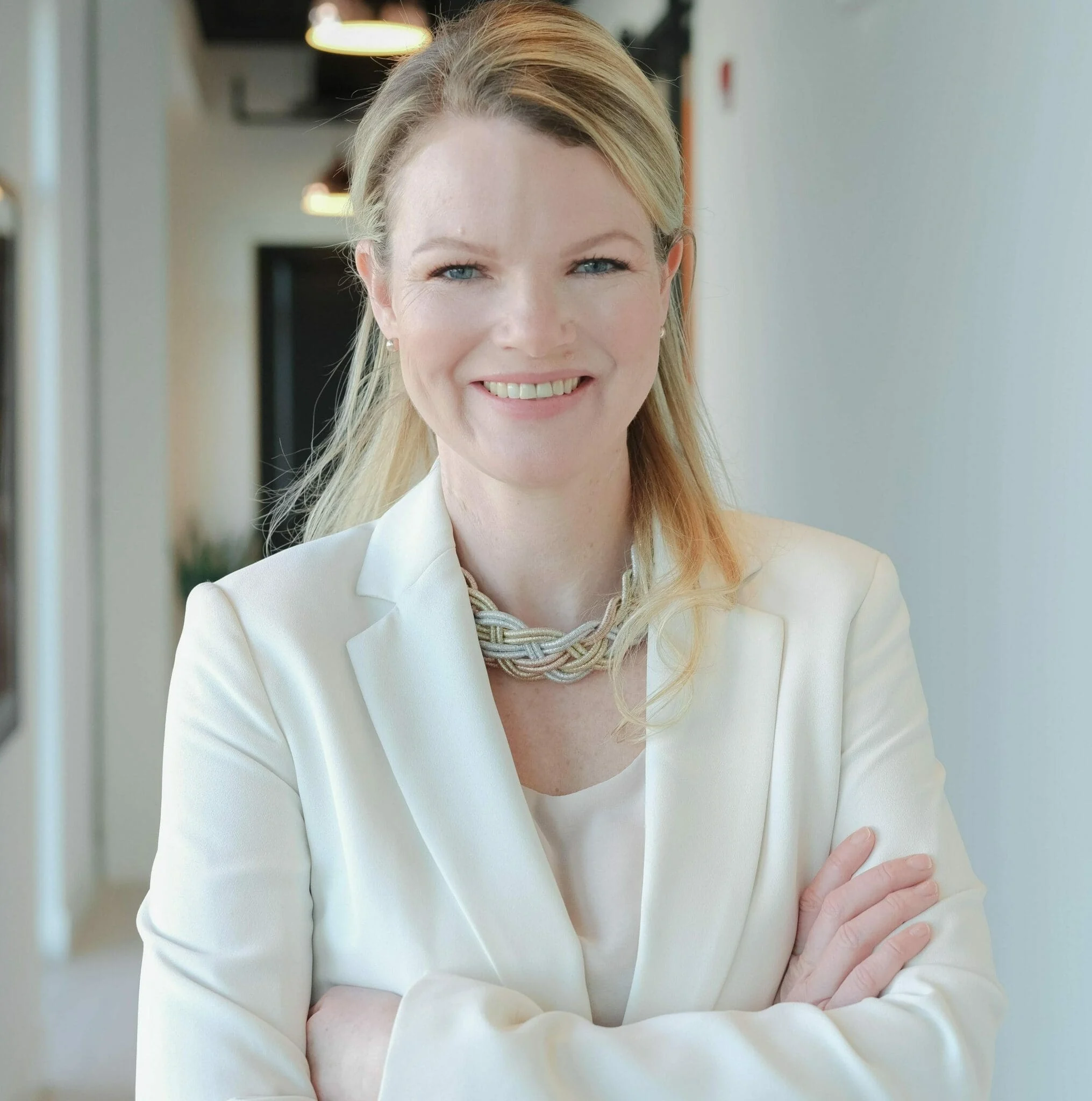
Dr. Sinéad Dufour is a clinician‑researcher whose work bridges rehabilitation science and women’s health. Her research focuses on conservative management of pelvic floor dysfunction, pregnancy‑related pelvic girdle pain, and models of interprofessional care to enhance pelvic health services.
She maintains an active clinical profile as Director of Pelvic Health at The WOMB, and contributes to guideline development, interprofessional practice, and women’s health advocacy.
Dr. Dufour is also engaged in emerging research at the interface of sport, perinatal care, and recovery. She has published work on the impacts of relative energy deficiency during pregnancy, return‑to‑sport postpartum, virtual pelvic health care models, and clinical decision‑making in pelvic girdle pain
Professor, Lithuanian University of Health Sciences; Head Physiotherapist, Lithuanian Men’s National Basketball Team; Specialist in Orthopaedic Manual and Sports Physiotherapy
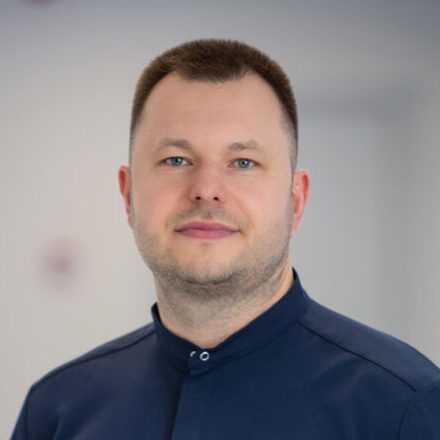
Prof. Laimonas Šiupšinskas is a distinguished physiotherapist and academic, with deep expertise in orthopaedic and sports rehabilitation. He is Professor at the Sports Medicine Clinic of the Lithuanian University of Health Sciences, where he oversees specialist training and contributes extensively to clinical research and education. A former elite karate athlete and national champion, his clinical and scientific trajectory reflects a unique integration of academic excellence and high-performance sport.
His work centres on the functional assessment, treatment, and rehabilitation of patients with spinal, joint, and temporomandibular disorders, as well as on the return-to-play strategies for injured athletes. Šiupšinskas has played a pivotal role in advancing sports physiotherapy in Lithuania, serving as the lead physiotherapist for both the national men's and 3x3 basketball teams. Clinically, he combines evidence-based physiotherapy with manual therapy, dry needling, taping techniques, and movement-based rehabilitation.
A co-author of several scientific publications and the textbook Sportinės traumos, he is also a board member of the Lithuanian Society for Musculoskeletal Ultrasound Diagnostics. Prof. Šiupšinskas remains a key figure in sports medicine, recognised for shaping rehabilitation practice through education, research, and frontline engagement in elite sport.
Specialist in Orthopedic Manual and Sports Kinesiotherapy; Lecturer at Lithuanian Sports University; Board Member at Lithuanian Physiotherapists Association
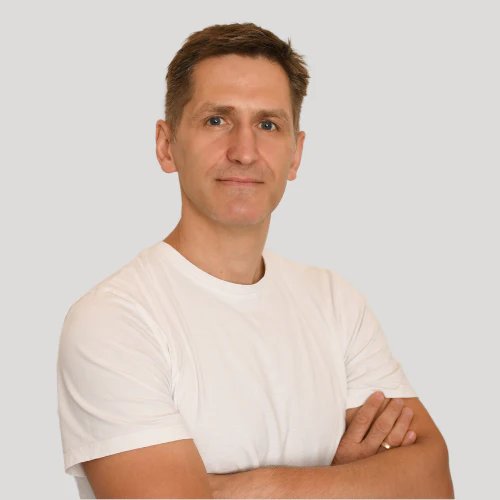
Rolandas Kesminas is a seasoned physiotherapist and educator renowned for his expertise in orthopedic manual therapy and sports-related kinesiotherapy. He holds a Master’s in Rehabilitation and has served as a lecturer at the Lithuanian Sports University since 2006. A Fulbright alumnus, he has also trained at KU Leuven (Belgium) and Marquette University (USA), bringing international insight to his teaching and clinical practice.
On the clinical front, Rolandas treats a wide spectrum of musculoskeletal conditions—spinal and limb dysfunction, temporomandibular joint disorders, headaches, and balance issues—combining meticulous assessment with manual therapy and exercise. He is recognized for his science-driven methodology and values the integration of diagnostic insight with functional rehabilitation strategies.
His academic and clinical expertise bridges manual approaches and applied kinesiology, ensuring comprehensive and evidence-based care across athletic and rehabilitation contexts.
Researcher & Sport Dietitian, Norwegian School of Sport Sciences
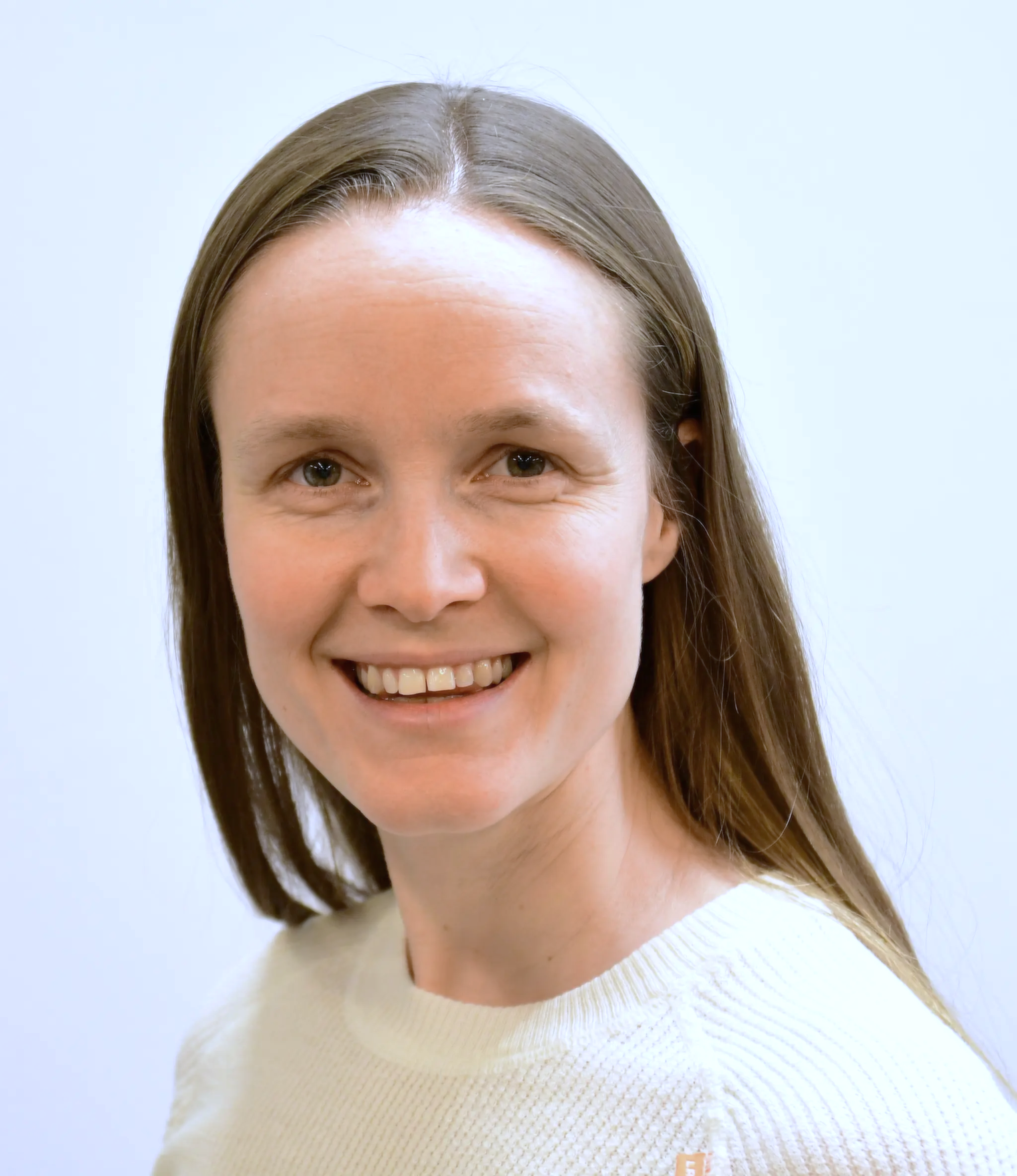
Kristin Lundanes Jonvik is a clinical dietitian and sport nutritionist with a PhD in Sport Nutrition from Maastricht University, where her research focused on dietary nitrate and performance enhancement. She currently works as a researcher at the Norwegian School of Sport Sciences, leading a collaborative project on nutritional strategies for para-athletes.
Her previous roles include lecturer at HAN University of Applied Sciences and sport dietitian for the Dutch Olympic Committee (NOC*NSF), where she advised Olympic athletes, coaches, and medical teams—particularly in sailing and windsurfing. Kristin has also contributed to the Healthy Sport (Sunn Idrett) programme, promoting eating disorder prevention among youth athletes.
Her research spans energy availability, ergogenic aids, body composition, and bone health in para and elite sport. Recent publications include investigations into metabolic rate, bone density, and nutrient needs in Paralympic athletes.
A former top-league footballer and youth international for Norway, Kristin draws on her athletic background to inform athlete-centred care. Her work bridges applied dietary guidance and clinical research, with ongoing impact on performance nutrition, health preservation, and inclusive athlete support.
Chief Medical Officer, Lithuanian Olympic Team; Specialist in Manual Medicine, Applied Kinesiology, and Sports Nutrition
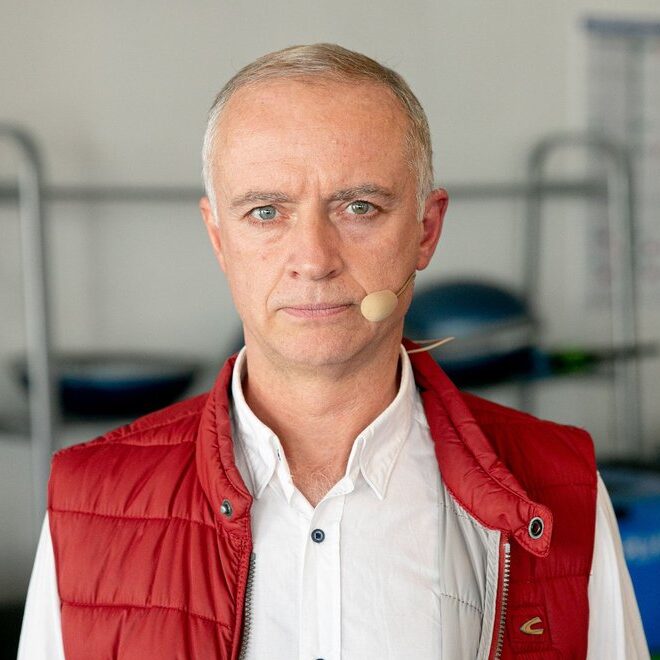
Dr Dalius Barkauskas is a highly experienced sports physician with over three decades of service to elite athletes. Since 2000, he has served as Chief Medical Officer for the Lithuanian Olympic Team, providing medical support at multiple Summer and Winter Olympic Games. His clinical expertise spans orthopaedic manual medicine, applied kinesiology, homotoxicology, and evidence-based dry-needling, with specialised training under leading figures such as Professors Karel Lewit and Vladimír Janda.
A graduate of Tartu University, Dr Barkauskas has pursued advanced education across Europe, including in sports nutrition, Cyriax orthopaedic medicine, and myoskeletal therapy. He is an active member of several professional societies, including the International Association for the Study of Pain, the Lithuanian Society for Manual Medicine, and is a founding member of the European College of Sports and Exercise Physicians (ECOSEP).
His international teaching engagements and publications reflect a holistic approach to musculoskeletal health, chronic pain, and physical resilience. Alongside clinical and Olympic roles, Dr Barkauskas teaches widely on breathing mechanics, movement therapy, and mind-body integration.
Physiotherapist, Assistant Professor, Jerzy Kukuczka Academy of Physical Education, Katowice
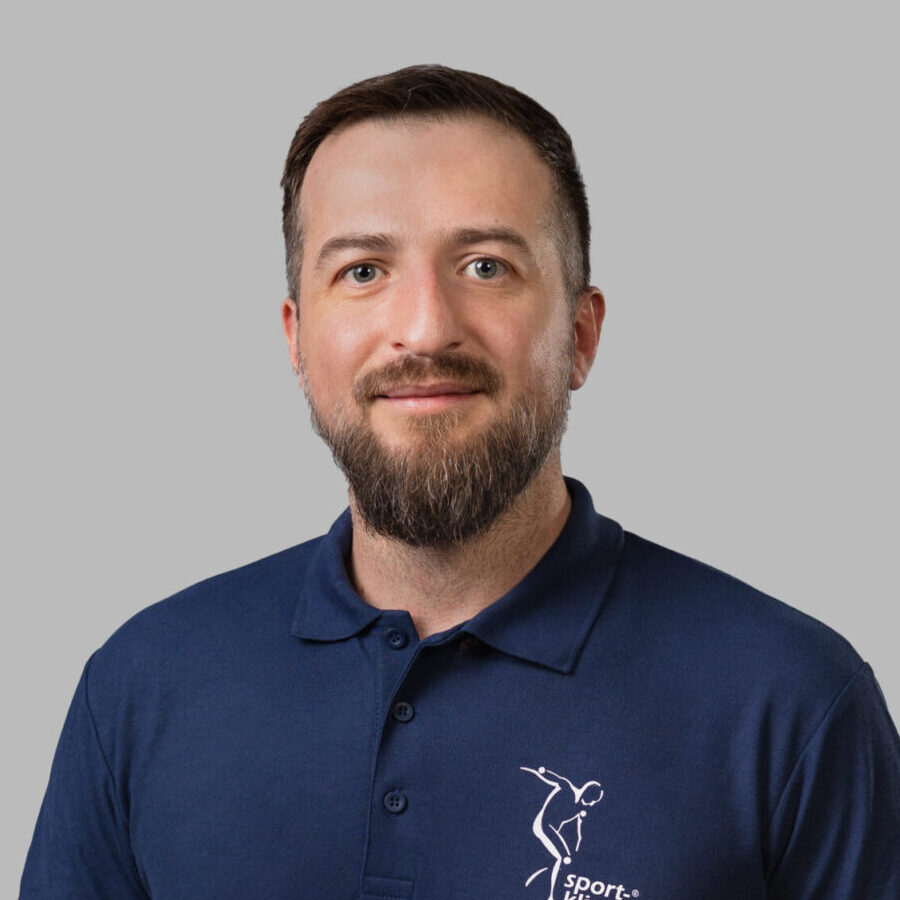
Maciej Biały is a physiotherapist and academic specialising in musculoskeletal rehabilitation and movement analysis. He serves as Assistant Professor at the Jerzy Kukuczka Academy of Physical Education in Katowice, where he supervises the Knee Research Group within the university’s Movement Analysis Laboratory. He is also Scientific Head of the Functional Diagnostics Laboratory at Sport-Klinika in Żory, a leading centre for orthopaedic rehabilitation in Poland.
His clinical experience includes serving as physiotherapist for the Polish National Wheelchair Basketball Team (2009–2013) and as a member of the medical team for the Polish Paralympic delegation at London 2012. He has also worked with elite athletes in international competitions, including the FIVB Beach Volleyball World Tour.
Maciej currently practises at the Shoulder and Knee Clinic in Katowice and is President of the Physiotherapy Section of the Polish Arthroscopic Society. His research output, spanning rehabilitation diagnostics and functional assessment, has been recognised at national conferences, and he regularly contributes to professional education in orthopaedic physiotherapy and manual therapy.
Combining academic leadership with clinical expertise, his work continues to influence evidence-based practice in sports injury prevention, functional assessment, and post-surgical rehabilitation.
Professor of Psychiatry, Lithuanian University of Health Sciences; Specialist in Youth Mental Health & Resilience
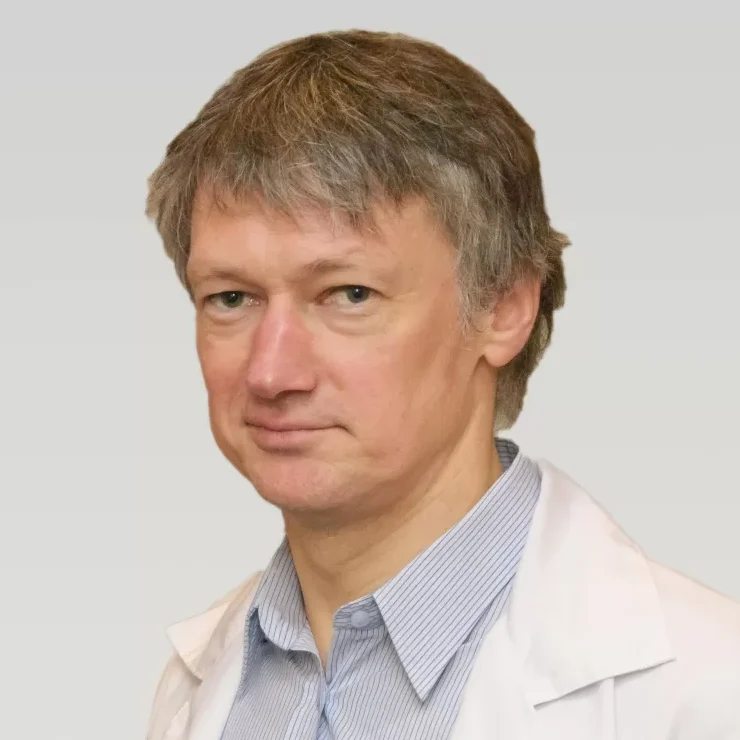
Prof. Darius Leskauskas is a respected clinical psychiatrist and academic based at LSMU, with a particular focus on the mental well‑being and behavioural health of children and adolescents—an essential but often under-recognised area in sports medicine. He has led national studies on attention-deficit disorders among school-age children, revealing key insights into prevalence and co‑morbidities such as anxiety or oppositional behaviors.
His research also explores evolving trends in Lithuanian youth attitudes toward addictive behaviours, contributing to prevention strategies aligned with physical and mental health. Moreover, he has evaluated the effectiveness of suicide-intervention training among emergency responders—a critical support axis for athlete mental health in high-pressure environments.
In a sports medicine context, Prof. Leskauskas brings a rare dual focus: clinical depth in adolescent psychiatry and applied insights into mental resilience, coping strategies, and early intervention. His expertise can inform athlete screening, psychological safety in training environments, and the development of psychologically supportive performance cultures.
Sports Medicine Doctor, FC Barcelona Medical Service & Clínica Tenis Teknon; Specialist in Musculoskeletal Ultrasound & Tennis Medicine
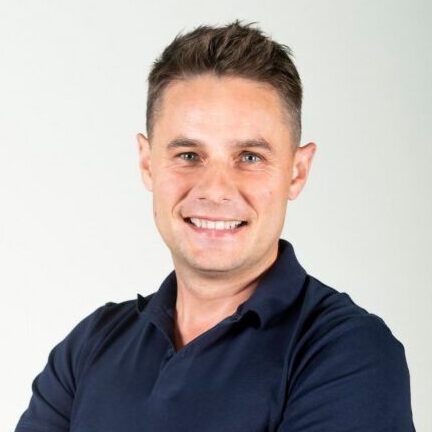
Dr. Mindaugas Gudelis is a physician specialising in sports medicine and musculoskeletal ultrasound, with over a decade of experience in elite and professional sport. He served as team doctor across multiple divisions of FC Barcelona, including football, basketball, handball, and roller hockey, where he was responsible for injury diagnostics, return-to-play decisions, and medical support in high-performance contexts. His experience spans high-impact sports, with particular expertise in tennis medicine.
Trained in both family medicine and sports medicine, Dr. Gudelis also holds a doctorate in surgical sciences and has contributed to the development of diagnostic algorithms for acute abdominal conditions in emergency settings. His work in sport focuses on the integration of ultrasound imaging into the assessment and management of musculoskeletal injuries, including tendinopathies, joint pathologies, and overuse syndromes.
Alongside his clinical roles, he has taught in medical and postgraduate sport science programmes and participated in international medical teams at major tournaments. His multidisciplinary expertise supports evidence-based decision-making for injury prevention, performance optimisation, and athlete welfare.
Physiotherapist & Professor of Sports Medicine, Norwegian School of Sport Sciences
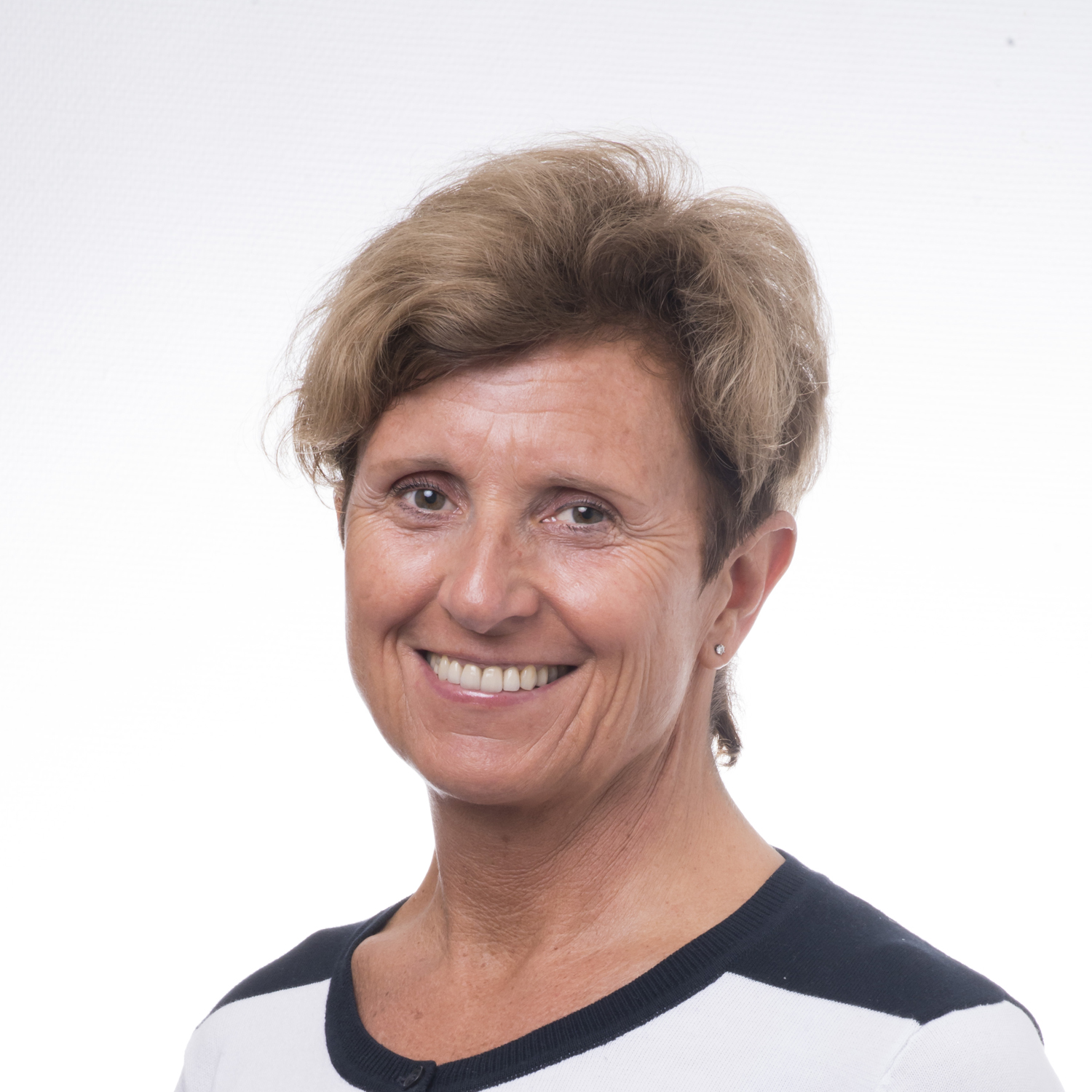
Professor Grethe Myklebust is a physiotherapist and leading researcher in sports injury prevention, with over two decades of clinical and academic experience. Based at the Norwegian School of Sport Sciences and the Oslo Sports Trauma Research Centre, she has helped shape evidence-based strategies to reduce injury risk in team sports.
Her doctoral research focused on ACL injury prevention in handball, laying the foundation for extensive contributions to injury epidemiology and neuromuscular training in football, handball, and youth sport. She has served as team physiotherapist for Norway’s national women’s teams in handball, football, and beach volleyball, and was part of the Olympic health teams for the Seoul and Sydney Games.
Prof Myklebust coordinates the Master’s programme in Sports Physiotherapy and teaches in clinical injury management and implementation science. Her projects include “Prep to be PRO” and “Safeplay,” which promote injury prevention strategies in adolescent athletes.
She is a board member of the Norwegian Sports Physiotherapy Association (FIA), a former medical commission member of the International Handball Federation, and a long-standing member of the ACL Study Group.
Sports Kinesiotherapist & Health Optimisation Coach
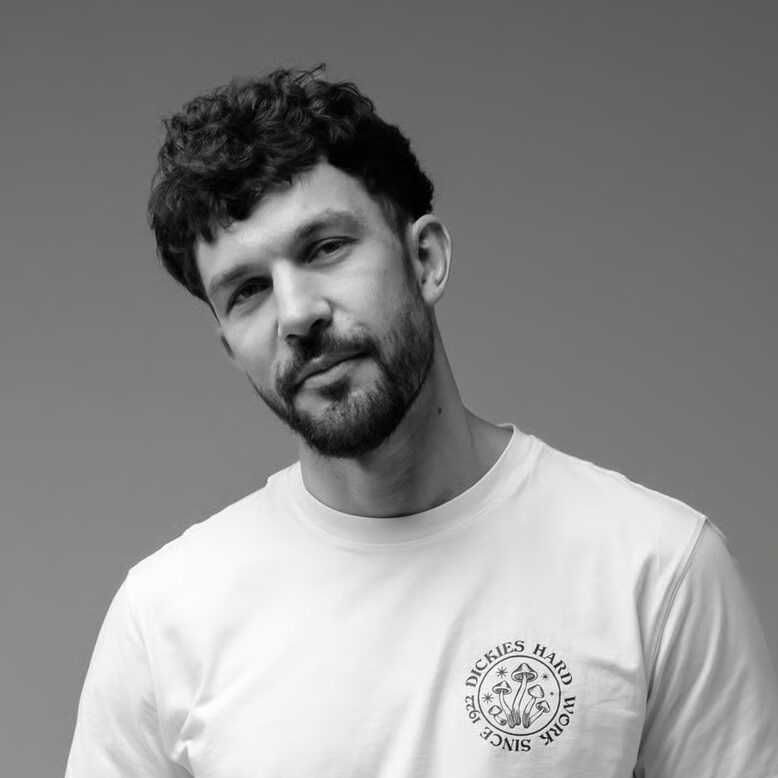
Tomas Linksmuolis is a dedicated sports kinesiotherapist in Kaunas, celebrated for his integrative approach to rehabilitation, health optimisation, and performance enhancement across diverse client groups—from Olympic-level athletes to minimally active individuals.
In his practice, Tomas brings together insights from rehabilitation, functional medicine, biochemistry, strength training, nutrition, and long-term health planning. This multidisciplinary blend allows him to address the root causes of movement dysfunction and chronic pain—not merely mask symptoms—with tailored, sustainable solutions.
Beyond his clinical work, Tomas shares his experience as a speaker and trainer at sports medicine events, including the Baltic Sports Medicine Congress—where he presented on how lifestyle factors impact rehabilitation and recovery across athletic demands.
Through this blend of clinical insight, educational engagement, and public health advocacy, Tomas Linksmuolis stands out as a forward-thinking practitioner dedicated to helping individuals move and live stronger.
Medical Geneticist & Founder, In Genes – Specialist in Sports & Personalized Genomics
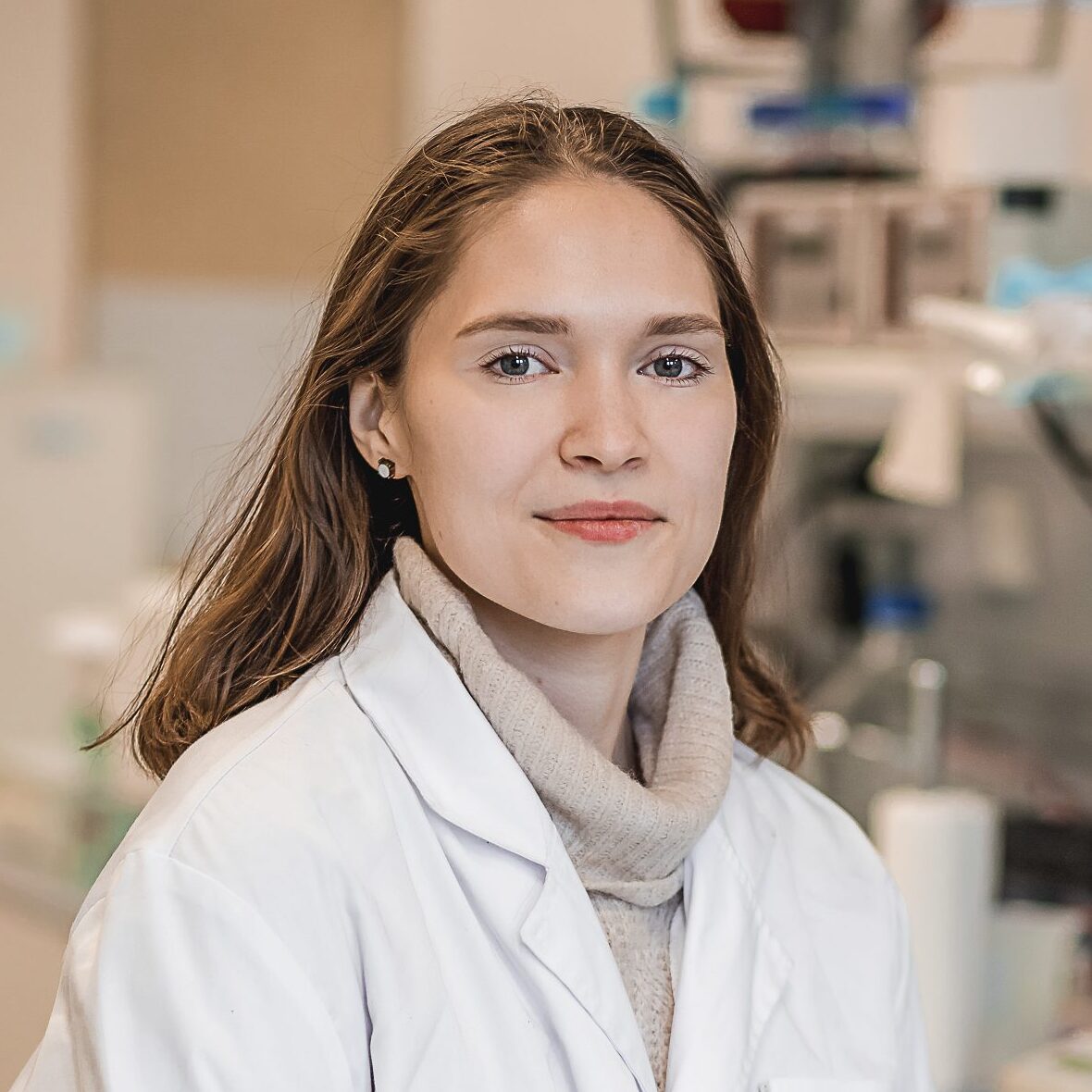
Austėja Letukienė is a licensed medical geneticist and researcher specialising in the intersection of genomics, exercise physiology, and metabolic health. Based at Vilnius University, she leads the Population Genomics Laboratory, where her team investigates sports genetics, kinesiogenomics, and the molecular mechanisms of obesity and physical performance.
Her academic work explores genotype–phenotype relationships and their application in endurance training, injury risk prediction, and metabolic adaptation. In 2024, she co-authored presentations at the European College of Sport Science (ECSS) Congress in Italy, contributing data on elite athlete profiling and the effect of aerobic training in overweight women. She has also conducted scientific internships at the Karolinska Institute, where she examined immune responses to elite-level sport.
In the lab, she advances prognostic and predictive modeling for athletic performance, obesity, and endurance through genome-wide association and AI-powered annotation algorithms.
Letukienė is the founder of In Genes, a personalised medicine start-up that applies next-generation sequencing and AI-driven genomic analysis to support precision health care and athlete development. She is an advocate for data-informed approaches in sports medicine and is currently pursuing a PhD focused on predictive genomics in metabolic and athletic performance.
Performance Rehabilitation Trainer & Movement Therapist; Specialist in Functional Movement Screening and Postural Balance Analysis
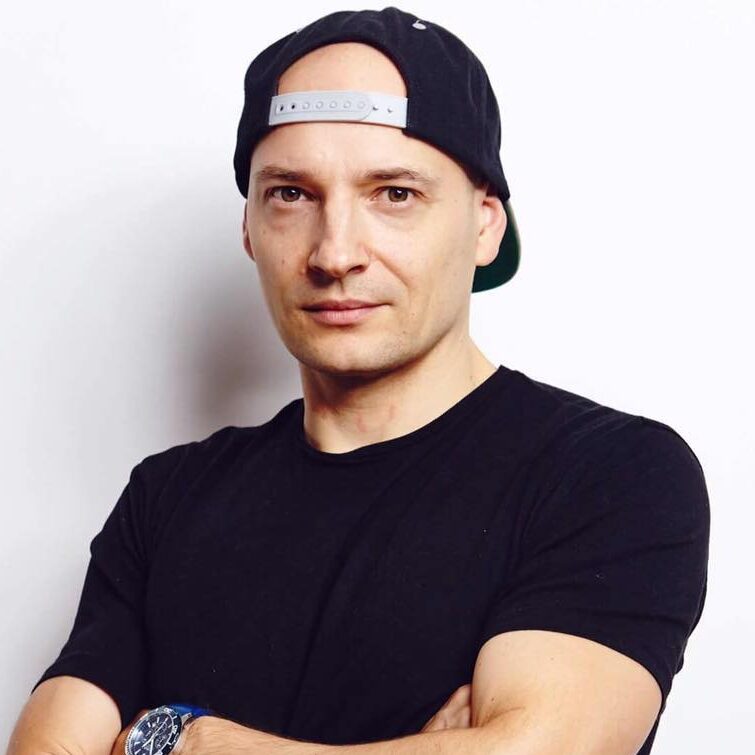
Piotr Ciebiera is a performance kinesiotherapist and movement rehabilitation specialist, recognized for his integrative approach bridging therapeutic fitness, biomechanical analysis, and functional movement retraining. He serves as a trainer within the EXOS performance system and brings expertise in Myofascial Posture Balancing & Analysis (MPBA) and therapy-focused fitness.
His practice emphasizes pre-training diagnostics, posture correction, and bespoke rehabilitative training. Drawing on expertise from functional medicine, nutrition, and longevity, Piotr focuses on addressing root causes of impairment—whether in elite athletes or individuals recovering from injury—instead of simply treating symptoms. He also delivers his own certified courses, teaching modern movement screening techniques to physiotherapists and trainers.
His qualifications include roles as a Blackroll Master Trainer (Correctives Specialist) and EXOS Performance Specialist, complemented by certifications in neurology for sport, functional training, and myofascial interventions. Through his clinical work and educational development, Piotr continues to influence rehabilitation and performance paradigms with evidence-driven precision and creativity.
Orthopaedic Surgeon, Specialist in Foot, Ankle & Knee Reconstruction
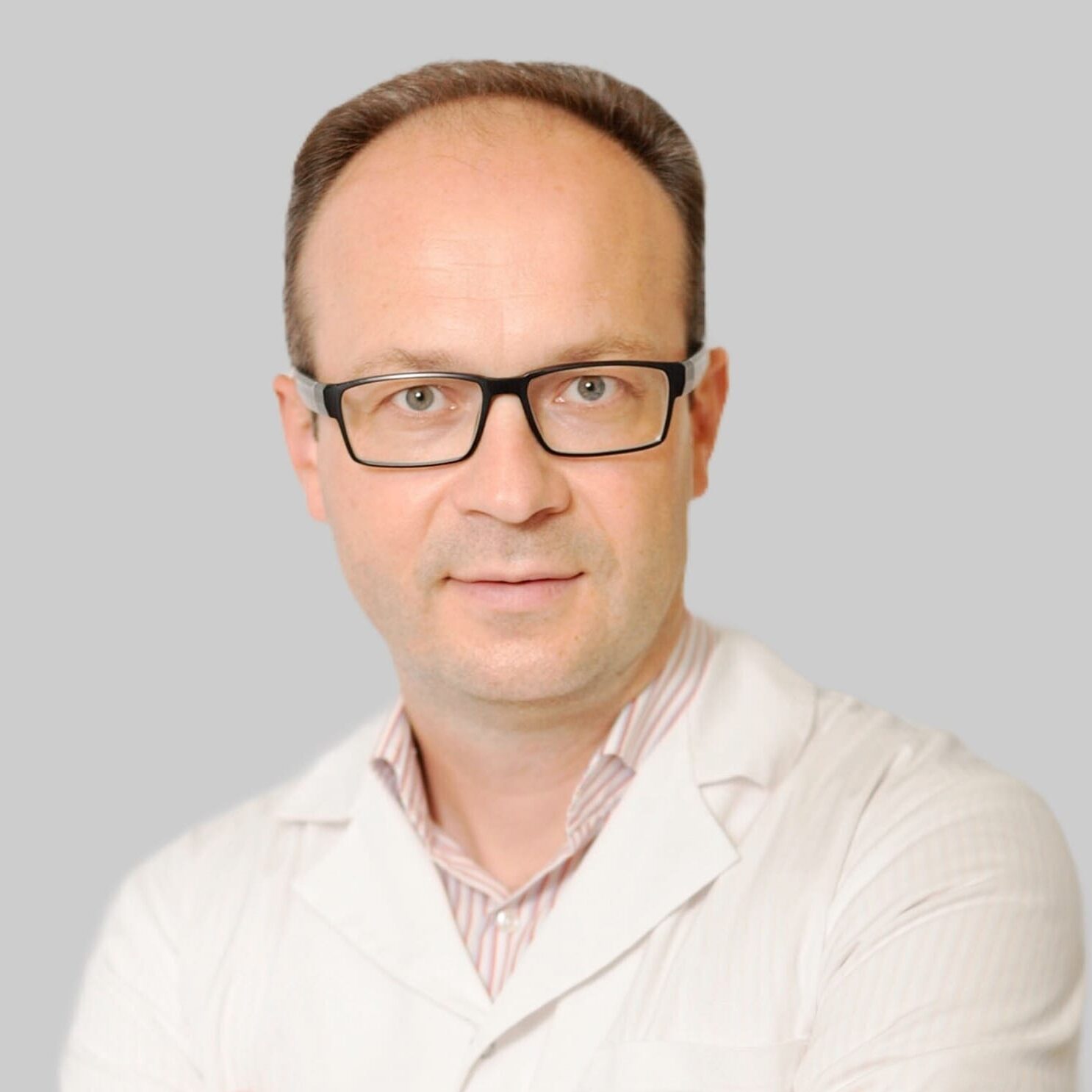
Dr Gintautas Pocius is a senior orthopaedic trauma surgeon with over 20 years of clinical experience and a surgical portfolio exceeding 10,000 procedures. He specialises in minimally invasive and reconstructive surgery of the foot, ankle, and knee—particularly in correcting deformities such as hallux valgus and managing post-traumatic or post-operative dysfunction.
Each year, he performs approximately 600 surgeries, including more than 400 foot reconstructions and 200 arthroscopic procedures addressing ligament, tendon, and cartilage injuries. His clinical approach emphasises precision, low invasiveness, and early functional restoration.
Dr Pocius is an active member of national and European orthopaedic and sports medicine associations, and has contributed to professional development as a speaker, educator, and former society president. His academic work includes co-authoring over 20 scientific publications and a major Lithuanian textbook on musculoskeletal disorders.
His practice integrates advanced arthroscopic techniques and joint reconstruction strategies, with a focus on restoring function, reducing pain, and enabling sustainable return to movement and sport.
All Stages
Injury prevention & Rehabilitation
Sports Nutrition and Exercise Physiology
Performance & S&C
Female Athlete Health & Performance
Prof. Louise Burke shares a high-level overview of how sports nutrition has progressed—from carb-loading to personalized fueling strategies—and what the latest science means for enhancing elite performance in today’s competitive landscape.
Prof. Seth O’Neil provides the latest insights into Achilles tendinopathy rehabilitation, outlining advanced techniques and therapies to effectively solve the challenges of chronic tendon injuries.
Dr. Kristin Jonvik delivers an expert overview of the "Big Five" ergogenic aids in sports nutrition—caffeine, creatine, nitrate, sodium bicarbonate, and beta-alanine. She breaks down how each works, who benefits most, and how (or when not) to use them effectively for performance.
Prof. Anthony Turner breaks down essential performance metrics and how to interpret data meaningfully—giving coaches and clinicians practical tools to apply stats confidently in real-world settings.
Prof. Kirsty Elliott-Sale examines how female athletes can train in sync with their menstrual cycle, separating myth from reality to optimize performance throughout the cycle.
Indrek Tustit shares insights from his dual experience as a physiotherapist and coach, illustrating how integrating sports medicine principles into coaching can optimize elite training.
Dame Sarah draws on her journey and research-informed perspective to discuss how hormonal changes during perimenopause and menopause affect athletic performance and training.
Prof. Pavel Kolář examines how precise neural control and strong spinal stability enhance athletic performance, demonstrating the fundamental role of neuromuscular coordination in elite sport.
Prof. Saulius Rutkauskas provides a live demonstration of using ultrasound imaging to evaluate lower-limb sports injuries, offering hands-on insights into modern diagnostic techniques for injury assessment.
Dr. Dufour offers a comprehensive guide lubopelvic pain - prevention and management. This talk will review all the work her FIFA team related to keeping female athletes playing and training while pregnant rather than following traditional guidance that is overly conservative and actually harmful.
Tomas Linksmuolis unfolds how slowing down and emphasizing control, awareness, and movement quality can play a powerful role in sports rehabilitation and performance longevity.
Dr. Dalius Barkauskas discusses how dietary choices and lifestyle habits can influence inflammation, offering practical advice on managing inflammation to improve recovery and overall athlete health.
Prof. Anna Melin explores evidence-based nutritional strategies to prevent and manage Relative Energy Deficiency in Sport (REDs) in female athletes. The session will highlight practical approaches to fueling, recovery, and long-term health while optimizing performance.
All Stages
Injury prevention & Rehabilitation
Sports Nutrition and Exercise Physiology
Performance & S&C
Female Athlete Health & Performance
Drawing from over four decades of elite coaching, Dan Pfaff explores the often-overlooked gaps between rehabilitation, return to play (RTP), and return to performance (RTS) and unpacks key trend patterns across high-performance teams, offering practical insights into bridging the clinical–performance divide for sustainable athlete readiness.
Dr. Mindaugas Gudelis outlines quick on-field injury assessment techniques to catch issues early and prevent minor injuries from escalating into serious ones.
Prof. Craig Sale highlights emerging research on creatine’s benefits beyond muscle, exploring how measuring brain creatine and targeted supplementation could support cognitive function and brain health in athletes.
Prof. Seth O’Neil outlines training approaches to strengthen tendons, detailing how specific exercises and loading strategies can build tendon resilience and help prevent tendinopathy.
Prof. Darius Leskauskas addresses mental health challenges faced by female athletes, emphasizing the importance of support and stigma reduction to help them thrive both mentally and physically.
Prof. Rimtautas Gudas examines real-world cases of elite athletes to discuss when surgery is necessary and when injuries can be managed conservatively, sharing outcomes of both approaches.
Giancarlo Russo dives into the neurophysiological mechanisms behind hypnosis and explores the use of clinical hypnosis in sports rehab, showing how mental techniques can help athletes overcome pain and improve performance.
Hormonal contraceptives are widely used by female athletes, yet their effects on health, performance, and adaptation to training remain misunderstood. In this talk, Prof. Kirsty Elliott-Sale unpacks the latest research on different contraceptive types, their physiological impacts, and practical implications for sport.
Dame Sarah Storey shares insights from her remarkable multi-decade elite career, exploring how women can achieve and sustain peak performance from youth to motherhood and beyond. This keynote blends lived experience with practical strategies for building resilience, managing transitions, and thriving at every stage of the athlete lifecycle.
Prof. Burke explores how immersive, research-embedded training camps with elite athletes generate real-world insights, bridging the gap between lab-based findings and high-performance practice.
Dr. Ben Ashworth addresses the demands on shoulder health for overhead athletes, sharing training and therapy techniques to maintain shoulder strength and mobility and prevent injuries in sports like swimming, tennis, or baseball.
Explore the latest research on ACL injury mechanisms, with a focus on why female athletes are at greater risk—and how targeted, evidence-based strategies can effectively reduce that risk.
Foot surgeon Gintautas Pocius explores how to recognize, treat, and manage foot stress fractures in athletes—highlighting key diagnostic tips, treatment strategies, and return-to-play considerations.
Dr. Austėja Letukienė evaluates the role of genetics in athletic performance, separating hype from reality on how genetic insights can (or can’t) be used to personalize training and unlock potential.
Prof. Laimonas Šiupšinskas discusses femoroacetabular impingement (FAI) in athletes, examining how to identify and manage hip impingement issues to preserve mobility and performance in sporting populations.
Jonas Žakaitis discusses training strategies for middle- and long-distance runners, focusing on balancing high mileage and intensity to boost performance while managing injury risk.
Dr. Sinéad Dufour offers a comprehensive guide for athlete-mothers returning to sport, covering postpartum recovery and training adjustments to safely regain high performance after childbirth.
Prof. Stephen Seiler discusses the famous 80/20 endurance training principle and beyond, showing how balancing training intensities can build more durable, injury-resistant endurance athletes over the long term.
Konstitucijos ave. 20, Vilnius
Lithuania
For any questions about registration, workshops, or logistics:
Phone: +370 618 67325
Email: summit@skima.academy
Conference participants are eligible for a discounted rate at Radisson Blu Hotel, Vilnius — the official venue of the event.